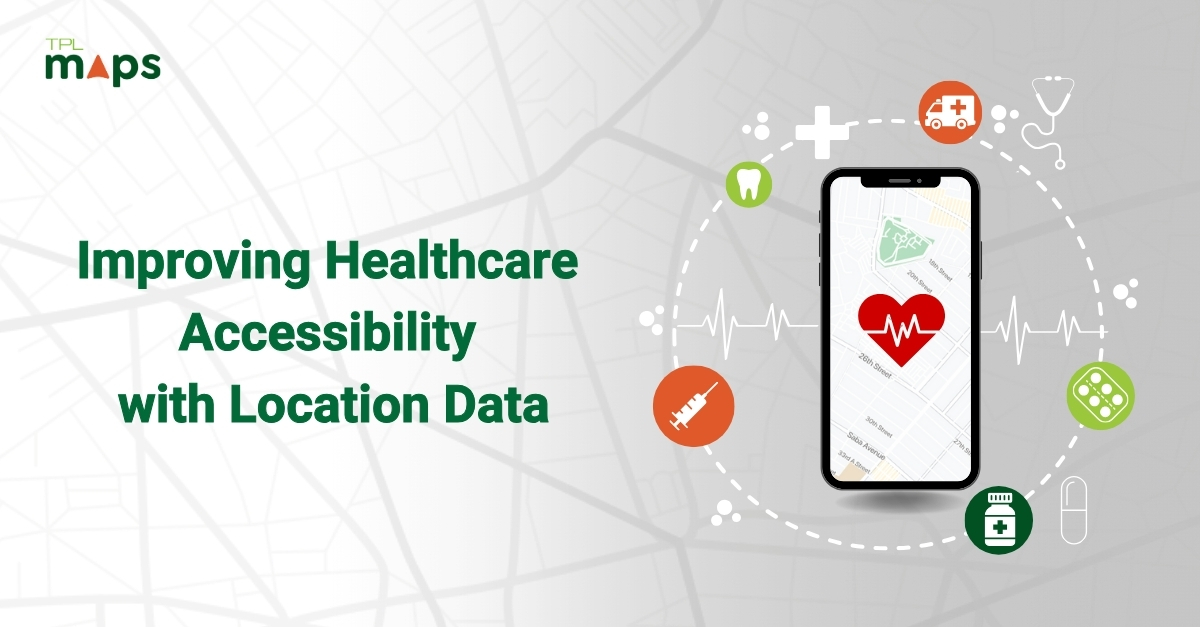
Improving Healthcare Accessibility with Location Data
As healthcare becomes increasingly digital, the role of location data is becoming indispensable. With research indicating that 76% of patients prioritize location when choosing a healthcare provider, digital health platforms are using location data to provide more accessible and personalized care, improving patient experiences across the board.
Healthcare Provider Search and Appointment Booking
Finding the right healthcare provider can often be a daunting task, especially when time is of the essence. Location data APIs enable digital health platforms to simplify this process by allowing patients to search for nearby healthcare providers based on their current location or a specified address. This functionality is particularly beneficial in urban areas with a high density of healthcare facilities.
With location data, such platforms can offer personalized recommendations, ensuring that patients are matched with the most suitable providers. For instance, a patient searching for a cardiologist can be presented with a list of nearby specialists, complete with information on availability, distance, and patient reviews.
Emergency Services
In emergency situations, every second counts. Digital health platforms equipped with location data can significantly improve response times by directing patients to the nearest emergency room or urgent care center. For example, if a patient experiences a severe allergic reaction, they can use the platform to quickly identify the nearest emergency facility. This swift and precise guidance can make a crucial difference in emergency medical situations, providing peace of mind and timely access to care.
Personalized Health and Wellness Recommendations
Beyond acute care, location data also plays a vital role in preventive health and wellness. Digital health platforms can use geospatial data to deliver personalized health and wellness recommendations based on a patient’s location. This could include alerts about air quality, weather-related health advice, or information about nearby fitness centers and wellness programs.
For instance, a patient living in an area with high pollution levels might receive notifications about poor air quality and tips on how to minimize exposure. Similarly, during extreme weather conditions, the platform can offer advice on staying safe and healthy, such as hydration tips during a heatwave. By tailoring health recommendations to individual circumstances and environments, digital health platforms help patients make informed decisions about their well-being.
Conclusion
The integration of location data APIs into digital health platforms is revolutionizing the way patients access and engage with healthcare services. From finding the right healthcare provider and navigating emergency situations to receiving personalized health advice, location data is enhancing the efficiency, accessibility, and personalization of healthcare. As digital health continues to advance, the use of location data will undoubtedly play a pivotal role in shaping the future of patient care.

